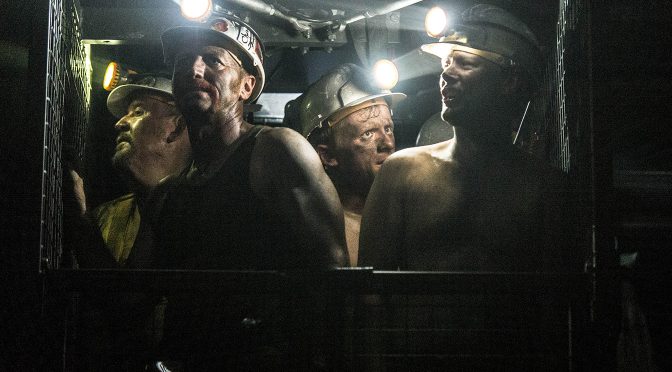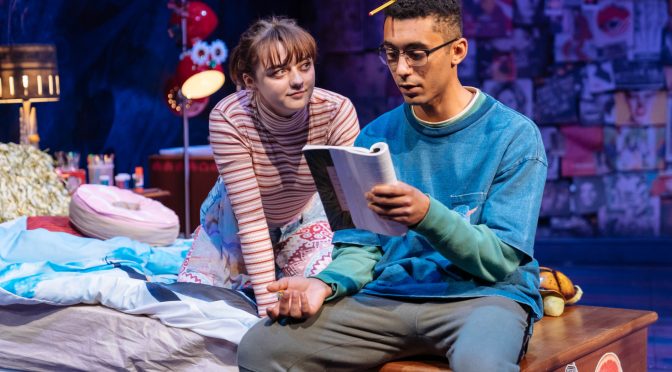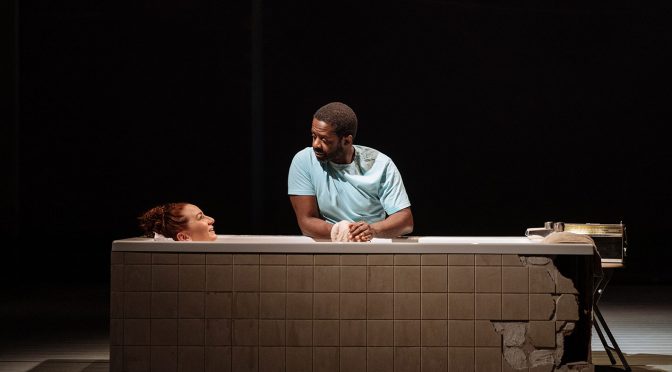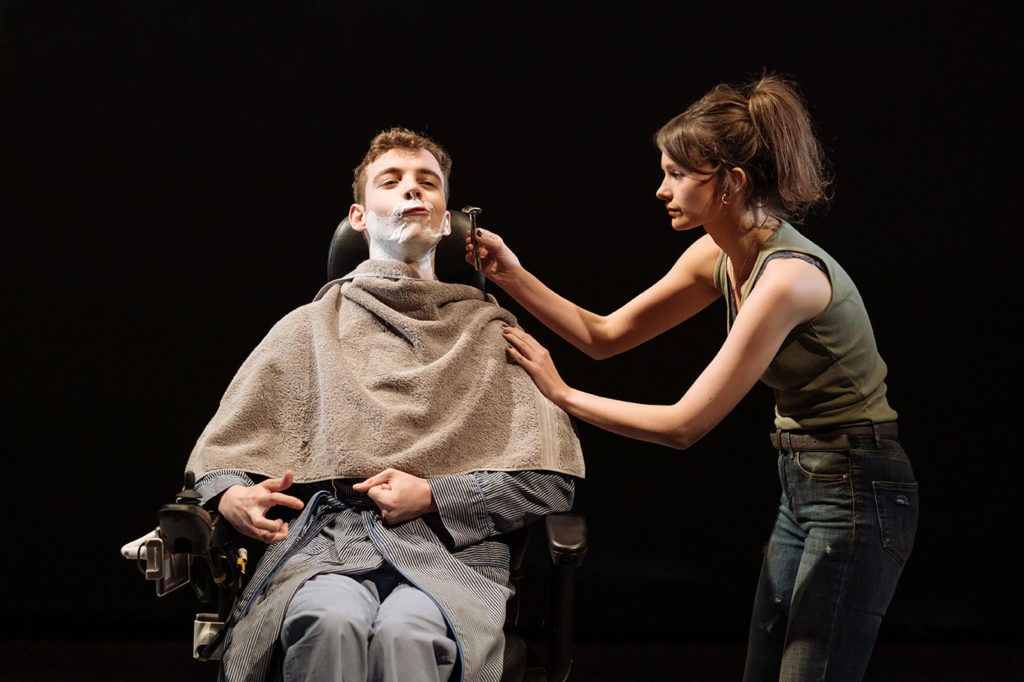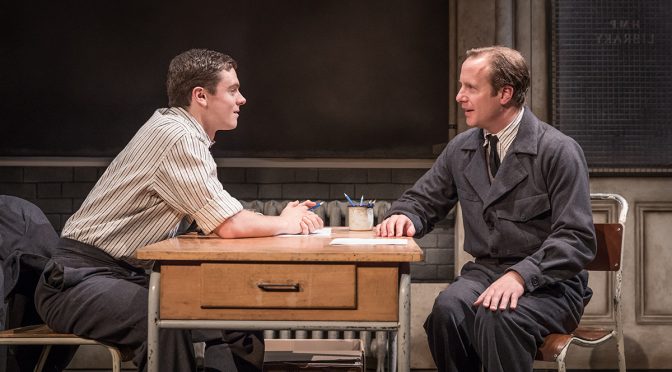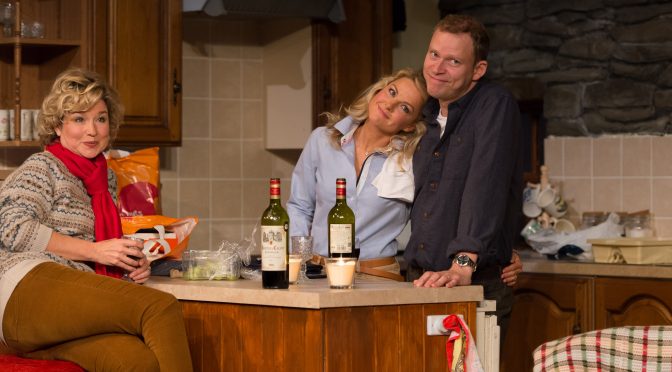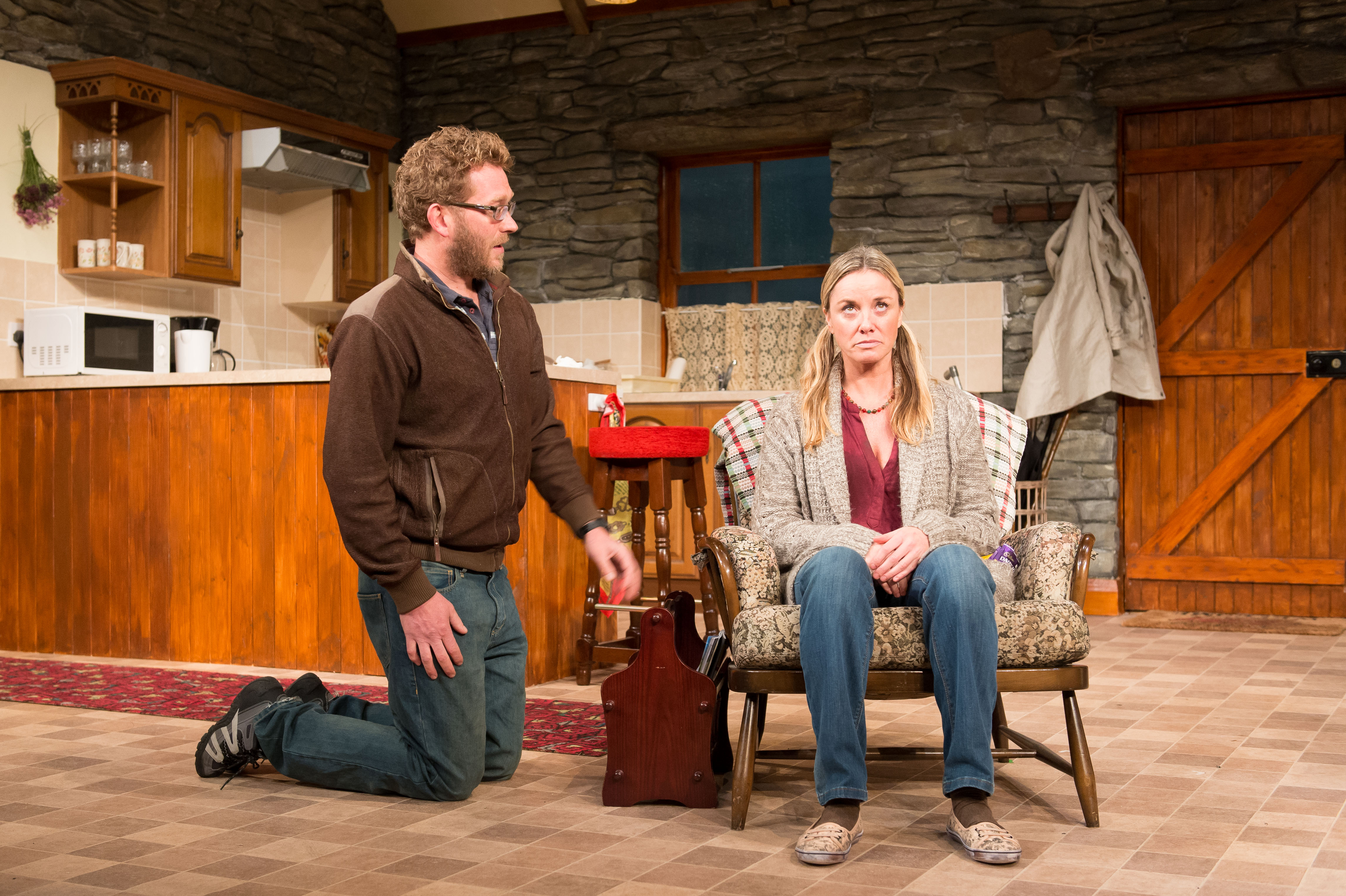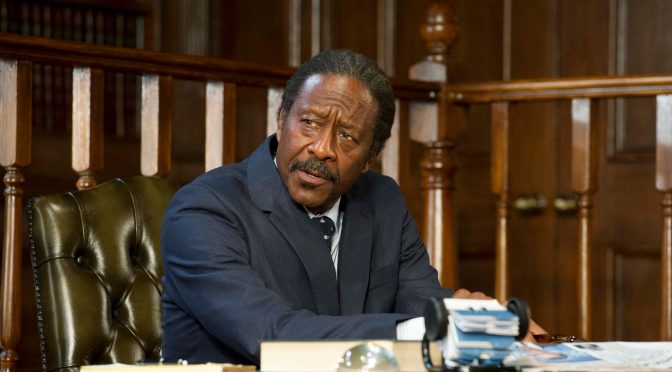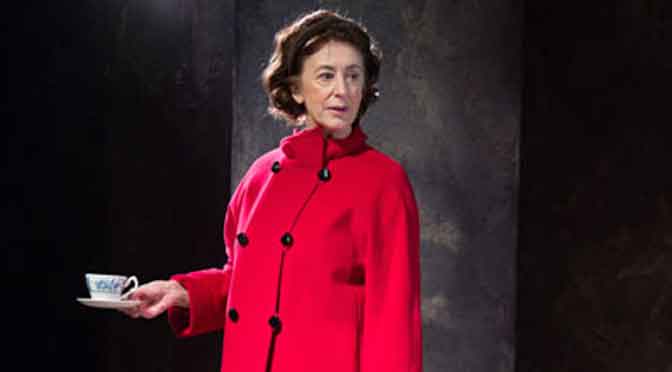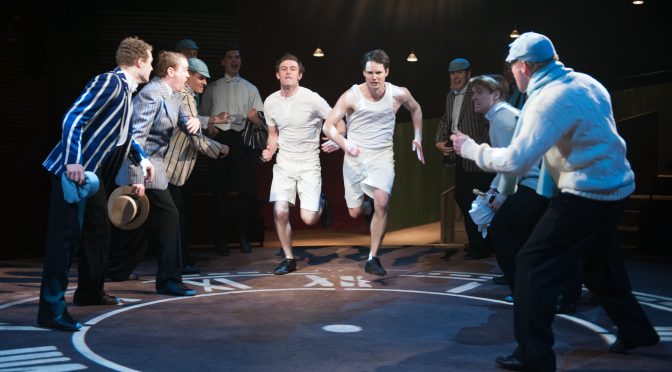This second online offering from Hampstead Theatre shows Britain in a different kind of crisis than the coronavirus we currently face – The Miners’ Strike of 1983. Although it’s always clear where the show’s heart rests, presenting events from the perspective of both workers and government creates problems. But playwright Beth Steel’s achievement is to convey a sense of those times as epoch making, giving the history a palpable urgency in a play full of passion.
There’s real heart in Steel’s depictions of the miners and it makes the story engrossing. Starting off slow, showing work underground, during the strike both tension and emotion build well. Performances from Paul Brennen as the ‘Colonel’ of a mine and a pitman who disagrees with the strike, played by Gunnar Cauthery, are highlights. If the roles of two young apprentices, Jimmy and Malcolm, seem less secured, with their motivations and characters more confused, there are further strong performances from Ben-Ryan Davies and David Moorst. Steel is strong at showing a blend of comradery, with humour and machismo, alongside revealing the craft behind the graft. It makes Wonderland powerful stuff.
When it comes to the politicians and businessmen on the other side of the strike, what is mined is conspiracy rather than character. The result is a selection of stark portrayals that, even if they are accurate, mean performances struggle. Michael Cochrane has a good go as Ian ‘Butcher’ MacGregor, Chairman of the Coal Board, which is an interesting role, surely written as too naïve. The parts for Transport Secretary Nicholas Ridley and that of David Hart, whose role in events is understandably confusing, are too villainous (likewise any police shown). It’s left to the ‘wet’ Energy Secretary Peter Walker to present any kind of balance and, while Andrew Havill, who takes the part, does a good job, he isn’t given enough to work with.
There are moments when director Edward Hall could help more: a scene of political debate disappears into the pit as it’s getting interesting and a tragic finale, which enforces the dangers of mining and has some of Steel’s finest writing, is sacrificed for the sake of action. Yet Hall deals with all the incident Steel crams in – and it’s a lot – with commendable efficiently. The set from Ashley Martin Davis, mining lifts and all, is excellent and well used. There’s valuable support from lighting designer Peter Mumford and composer Simon Slater, whose ‘theme tune’ for the miners is highly effective. The commitment behind the show shines out as the injustice of “proud working men treated like dogs”, victims of ideology and political machination, are exposed with conviction.
Available until 12 April 2020
Photos by Manuel Harlan

